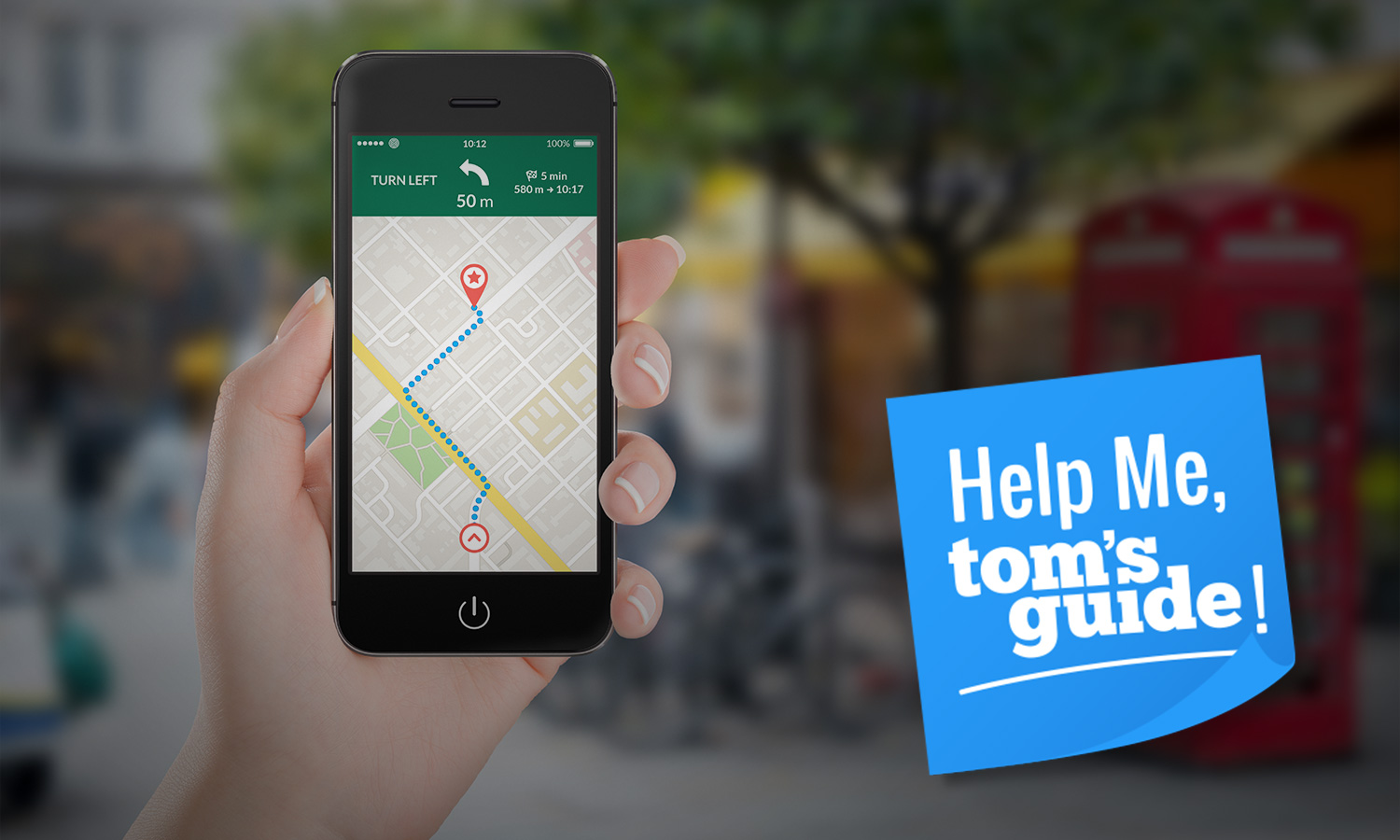Help Me, Tom's Guide: How Do I Pick the Best Phone for Travel?
Help Me, Tom's Guide: How Exercise I Pick the All-time Telephone for Travel?

Lawrence Pinsky is a man of the world, and he recently contacted our Editor-in-Chief Mark Spoonauer with a question befitting of a globetrotter.
"Are all smartphones multiband?"

That sounded to us like a question from someone who's planning on doing a lot of traveling and wants to make certain that the phone he brings on those journeys works besides abroad equally information technology does at home. And when we followed upward with Lawrence, he confirmed that this was exactly what was on his mind.
Lawrence found the answer to his question thanks in large role to his own research. But nosotros're going to share what nosotros found out, too, just in case y'all've ever looked at your phone and wondered, "How tin can I know if this phone volition piece of work when I'm in another land?"
The quick-and-like shooting fish in a barrel answer is that if your phone works on a GSM network, information technology volition probably work just fine when you lot're in another country. Almost every identify you're going to travel has a GSM-based cellular network. (The notable exceptions: Japan and Republic of korea — well, Democratic people's republic of korea, besides, merely we're guessing that's probably non on your itinerary right now.)
Band compatibility is listed amid the specs for phones, so it's merely a matter of looking upwardly the specs for your device to run into if the phone is ready to travel.
If you employ the CDMA-based network of Dart or Verizon, you may have read that terminal paragraph, turned a longing gaze at your phone and concluded that y'all're never ever going to exist able to take it on a trip with yous. Finish fretting — your phone may be using a CDMA network here, merely that doesn't mean it can't connect to a GSM network oversees. You just need a phone that supports the right bands.
Take my iPhone SE, which connects to Verizon's network hither in the U.Southward. But when I've traveled to Spain, China and Deutschland in the last few years, all I've had to do is popular in a SIM carte for i of the local carriers to hop on the GSM networks that serve those countries.
The reason? My iPhone SE, like a lot of phones released in contempo years, supports multiple bands, including both GSM and CDMA.
If yous're planning on using a local SIM bill of fare from wherever you travel, there'southward one other thing you'll demand besides a telephone with multiband back up: an unlocked smartphone.
Specifically, world travelers will want a phone with quad-ring support. In the U.South., GSM networks utilise the 850-MHz and 1900-MHz bands. (That's also true of Canada, Mexico, Central America and a large chunk of South America.) In other places — Europe, Africa, the Middle East, Commonwealth of australia and vast portions of Asia — GSM networks rely on the 900-MHz and 1800-MHz bands. Get yourself a telephone that's compatible with all four, and you tin can be bodacious that your phone will work just fine no matter where you travel. (The WorldTimeZone website offers a more complete expect at which countries use which bands.)
Band compatibility is listed amidst the specs for phones, so information technology'due south just a matter of looking up the specs for your device to meet if the phone is prepare to travel. In the case of my iPhone SE, for instance, Apple's spec sheet shows compatibility for all iv bands in the Cellular and Wireless section, thus explaining how I could use my telephone without experiencing any agita in my travels.
Other multiband phones include the unlocked Galaxy S8 and S8+, which back up all the network bands you'll need to connect around the earth. (The unlocked Galaxy S8 as well happens to be available at a substantial discount at All-time Buy as of this writing.) Other unlocked phones, like the Moto Z2 Forcefulness and LG G6, are multiband, too.
Every bit part of his inquiry, Lawrence Pinsky found a website that takes some of the guesswork out of figuring out whether your phone will work in a item state. At the website Will My Telephone Work, you punch in the make and model of your phone, along with the country you're traveling to and the local carrier. The site and then lists what kind of 2G, 3G and 4G network compatibility you tin can expect. Y'all volition need to provide information about the specific model of telephone yous take, which you can normally find in the Settings app on your device.
Of course, if you're planning on using a local SIM card from wherever you travel, there'south 1 other thing y'all'll need abreast a phone with multiband back up. You'll also need to make sure your phone is unlocked. If y'all bought the phone outright, that's not going to be a trouble, but if y'all're paying for the device in installments, yous'll need to talk to your carrier about unlocking your device. AT&T, Sprint, T-Mobile and Verizon all listing their unlocking policies online.
You can also turn to your carrier'due south international plan for coverage when you lot're out of the land. If you're gone for more than a few days, options from AT&T and Verizon tin get pretty pricey. T-Mobile has the best international coverage amid the Big Four, as it extends text and data coverage to 140 countries without imposing roaming charges. Your speeds will be throttled, though. Google's Project Fi takes a similar arroyo without the throttling, though Project Fi is open but to people with Google devices like the Pixel.
Credit: Shutterstock
Source: https://www.tomsguide.com/us/help-me-tg-best-phone-for-travel,review-4591.html
Posted by: martinnort1994.blogspot.com


0 Response to "Help Me, Tom's Guide: How Do I Pick the Best Phone for Travel?"
Post a Comment